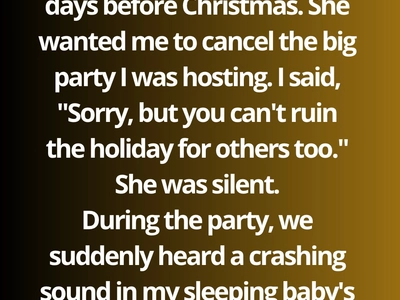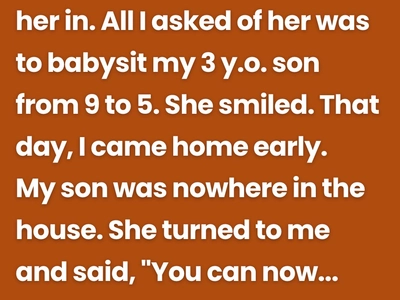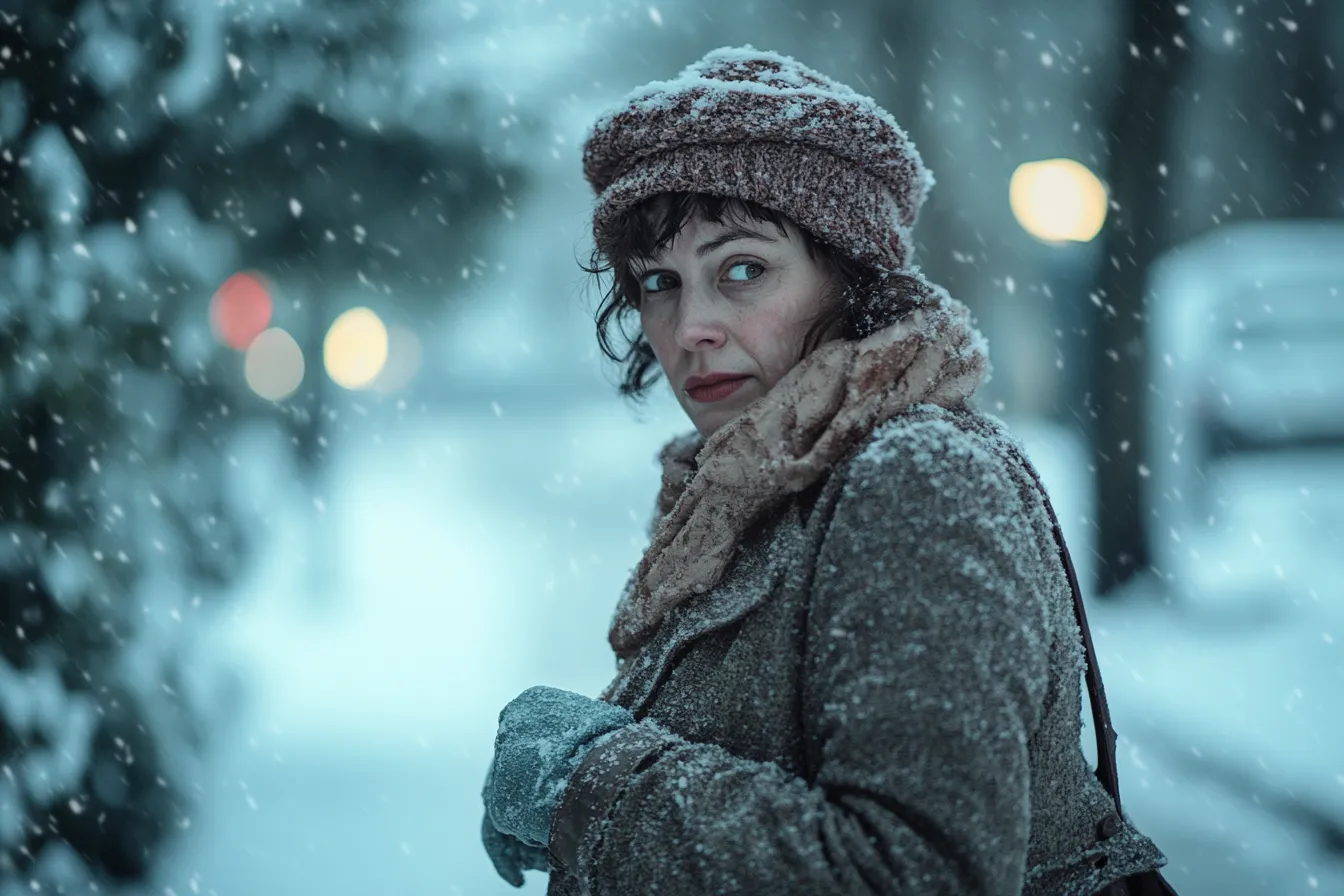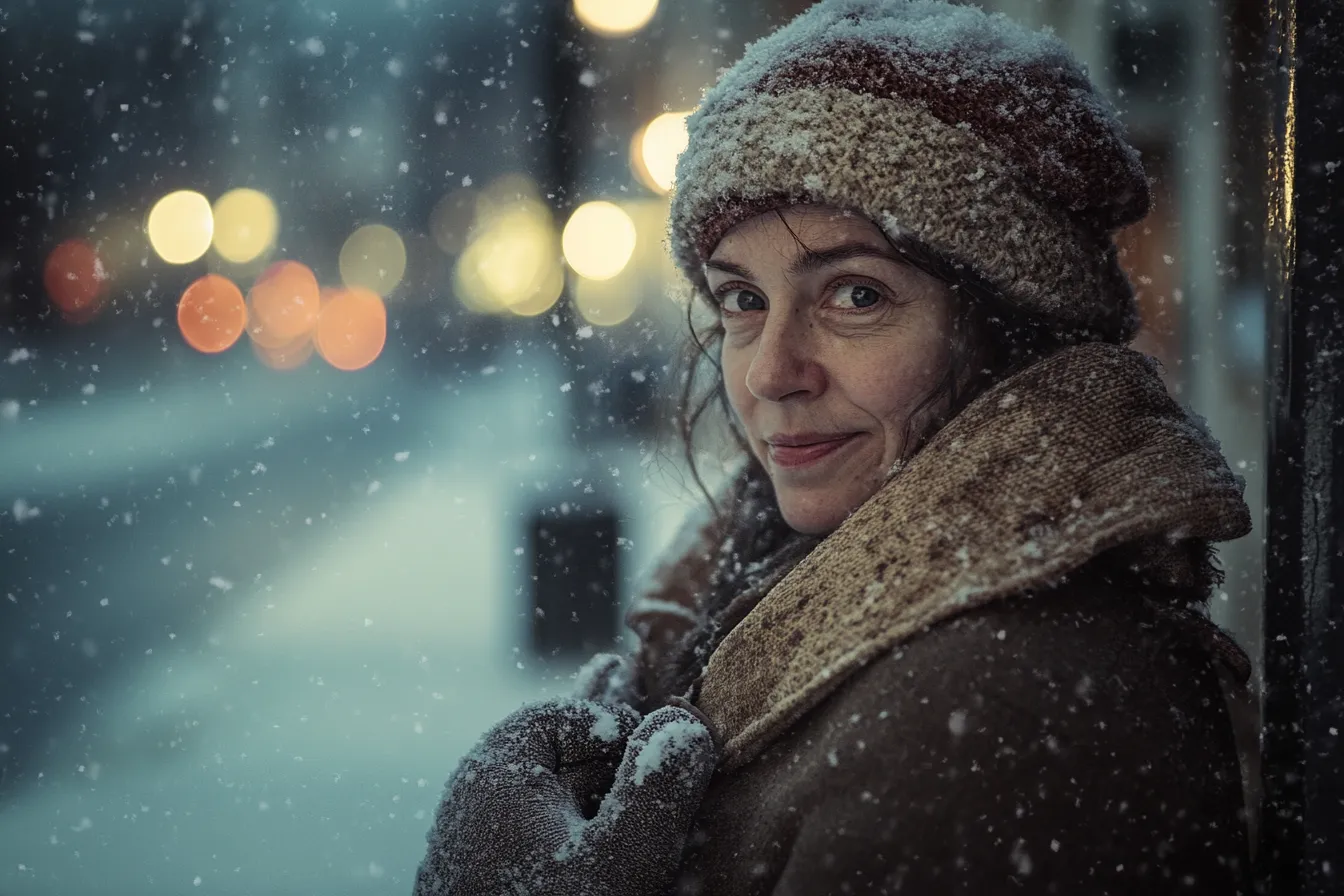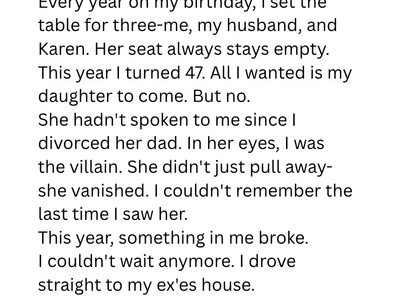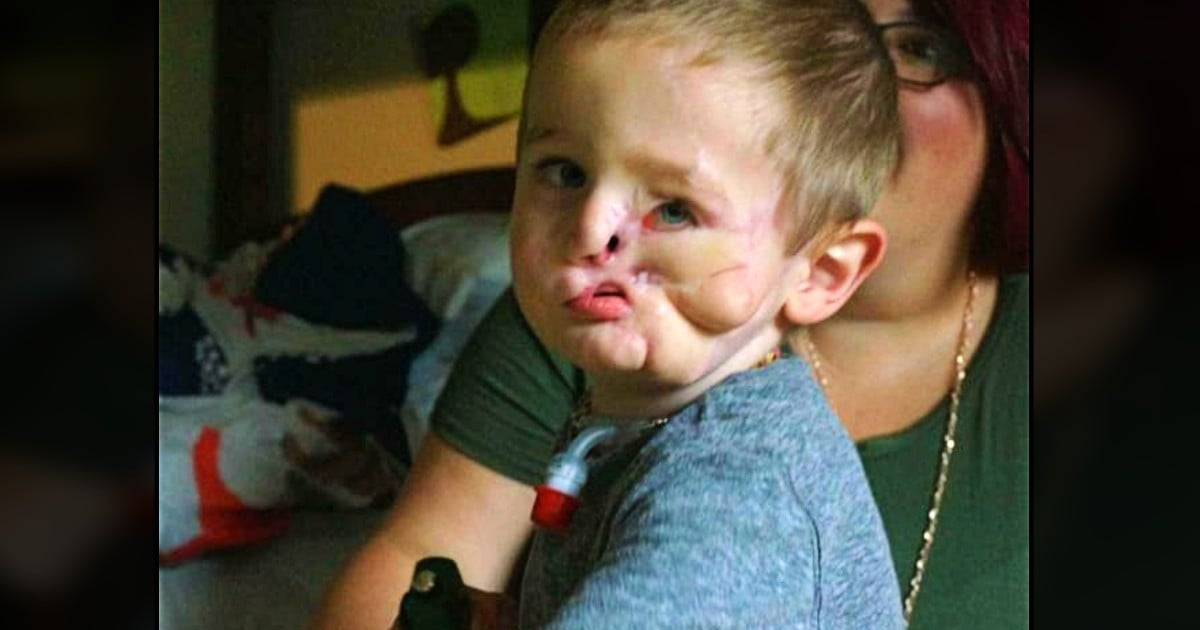Choosing Kindness Over Festivity: A Sister’s Silent Cry
Two days before Christmas, my sister’s world fell apart. Her husband and 13-year-old son died in a terrible accident, and there was nothing anyone could do to ease her pain. I remember the phone call, the shock in her voice, the silence that followed. Everything about that day felt unreal, like time had stopped but the world around us kept moving.
She came to stay with me after it happened. Her eyes were hollow, her voice barely a whisper. The house was already decorated for Christmas—lights twinkling on the porch, the smell of cinnamon and pine in the air, presents wrapped neatly under the tree. It all suddenly felt wrong, too bright for the kind of darkness that had entered our lives.
A few days earlier, I had been so excited about the Christmas Eve party. I’d planned it for weeks—invited family, friends, neighbors. The house would be full of laughter, warmth, and noise. But now, the thought of celebrating felt almost cruel in the face of my sister’s loss.
When she asked me to cancel it, her voice trembled. “Please,” she said, gripping my hand tightly. “I can’t bear to hear music, or see people happy right now.”
I hesitated. I wanted to comfort her, but part of me also felt responsible to the others who were expecting to come. “I’m sorry,” I told her softly. “But I can’t let this ruin Christmas for everyone else.”
Her expression changed in a way I’ll never forget. Her lips pressed together, and her eyes filled with tears that never quite fell. She didn’t argue—just nodded slowly and turned away. That moment stayed with me, but I pushed it down, convincing myself that I was doing the right thing.
I thought that maybe having people around, hearing laughter again, might remind her that life goes on. I told myself it might even help her heal, little by little.
When the night of the party arrived, everything looked perfect. Candles flickered on the mantle, Christmas music played softly in the background, and the smell of roasted turkey filled the air. Guests arrived wearing bright smiles and cozy sweaters, their cheeks pink from the cold. Everyone was eager to celebrate, to laugh, to exchange gifts.
My sister sat quietly in a corner, dressed in black, a faded scarf—her son’s—wrapped tightly around her neck. She didn’t speak much, just stared at the floor or the twinkling lights on the tree. I tried to include her in conversations, to make her smile even a little. “You should eat something,” I said gently, offering her a plate. She just nodded, took it from me, and placed it untouched beside her.
I told myself she just needed time, that maybe being surrounded by people would pull her out of the darkness for a moment. But deep down, I could feel that the night was wrong. Every laugh that echoed through the house seemed to clash with the heavy silence around her. Every cheerful carol felt like an insult to her grief.
As the evening went on, I noticed her slipping further away into her own world. She clutched her son’s scarf tighter, her knuckles white. I thought about going over, sitting with her, but then someone called me from the kitchen, asking for help with the drinks. I told myself I’d check on her later.
Then, a sudden crash shattered the noise of laughter and music.
It came from upstairs—from my baby’s room.
I froze. My heart stopped for a second, then pounded so hard I could hear it in my ears. I ran up the stairs, fear flooding every thought. I imagined broken glass, a scream, something terrible. I burst into the room and stopped in the doorway.
My sister was sitting on the floor, holding my baby tightly against her chest. The crib mobile had fallen to the ground beside her, one of its plastic stars broken. She was shaking all over, her face buried in my baby’s blanket.
For a moment, I couldn’t speak. “What happened?” I asked, my voice trembling.
She looked up at me, her eyes red and swollen, her whole body trembling. “I heard it fall,” she said softly, almost choking on her words. “I thought— I thought something happened to her. I couldn’t let anything happen to her.”
She looked down at the baby, who was staring up at her calmly, unhurt. Then she whispered, “I couldn’t save my own child… but I couldn’t let anything happen to yours.”
The words hit me like a wave. I felt my chest tighten, my throat ache. I knelt beside her and wrapped my arms around her, holding her as tightly as I could. She was shaking so hard it felt like her whole body might fall apart in my arms. I stroked her back and whispered, “It’s okay. She’s safe. You’re safe.”
We sat there for a long time. The noise of the party downstairs faded into a dull hum, the laughter and music now sounding distant and meaningless. My sister’s tears soaked through my shirt, but I didn’t care. For the first time since the accident, I truly felt her pain. Not just as something happening to someone else, but as something raw and heavy that filled the room.
After a while, the baby fell asleep again in her arms. I gently took her and laid her back in the crib. My sister just stared at her, touching her tiny hand like she was afraid to let go. “She’s so perfect,” she whispered. “Hold her tight. Never take a single day for granted.”
I nodded, unable to speak.
When we finally went back downstairs, most of the guests had already left. A few were gathering their coats, whispering softly as if they could sense that something had changed. I told them the baby was fine, that everything was okay. But inside, I knew that nothing about that night would ever feel the same.
After the last person left, I found my sister sitting by the Christmas tree. The lights reflected in her tear-streaked face. I sat beside her without saying anything. We watched the tree lights blink on and off, a soft rhythm that seemed almost sad.
She finally spoke. “You know,” she said quietly, “when I saw that mobile fall, I didn’t think. I just ran. It felt like—like for one small second, I could make up for what I couldn’t do before.”
My heart broke for her. “You don’t have to make up for anything,” I said gently. “You did everything you could. None of it was your fault.”
She didn’t answer, but I saw her shoulders relax just a little. The silence between us wasn’t heavy anymore—it was the kind of silence that heals instead of hurts.
That night, I didn’t go back to the party mess. The dishes could wait, the wrapping paper could stay on the floor. I sat with her until she fell asleep on the couch, the faint glow of the Christmas lights dancing across her face.
Later, as I carried her to the guest room, I noticed how peaceful she looked for the first time in weeks. Not happy—just a little less haunted. I tucked her in and stood by the door for a long time, listening to her slow, steady breathing.
When I finally went to bed, I couldn’t stop thinking about what she had said—about not being able to save her son, and how she’d instinctively protected mine. It was like, in that one moment, she’d found a tiny piece of her strength again.
The next morning, the house was quiet. No music, no laughter. Just soft winter light spilling through the curtains. My sister joined me in the kitchen. She looked tired, but calmer. “I think I’m going to stay here for a while,” she said softly. “If that’s okay.”
“Of course,” I said. “As long as you need.”
We spent that Christmas Day in silence. No gifts, no big meal, no guests. Just the two of us and the baby. We made tea, sat by the fire, and watched old movies. Sometimes she cried, sometimes she smiled faintly. I didn’t try to fix it—I just sat with her.
Over the following weeks, something shifted between us. I stopped hosting big gatherings. The decorations came down quietly and stayed boxed up the next year. The house felt emptier, but also more peaceful. My sister began taking short walks again. She’d sit with my baby and hum lullabies, her voice fragile but full of love.
She started talking about her husband and son more—not just the pain, but the good memories too. How her boy loved to decorate cookies, how her husband always hung the lights crooked on purpose. Each story was a thread pulling her back toward life.
One evening, months later, she looked at me and said, “You know, I used to think I’d never feel anything again. But when I held your baby that night… I realized I still can. Maybe not joy yet, but love. And that’s something.”
I smiled and reached for her hand. “That’s everything,” I said.
And it was.
Years have passed since that Christmas. I’ve hosted parties again, but never like before. They’re smaller now, quieter, filled with meaning instead of noise. My sister still joins me, and sometimes she even laughs again—soft, genuine laughter that lights up her face.
Every Christmas, we hang her son’s scarf near the tree. It’s become a symbol, not of loss, but of love that never fades. When guests ask about it, she smiles and says, “That belonged to someone who taught me what it means to protect what you love.”
And every time I look at her, I remember that night—the crash upstairs, her trembling hands around my baby, the raw grief and fierce love that lived side by side in her heart.
That was the night I stopped thinking of Christmas as a holiday to be saved, and started seeing it as a chance to hold close what really matters. I didn’t lose a celebration that night—I found my sister again.
And in the quiet glow of those twinkling lights, I finally understood that sometimes, the greatest gift we can give is simply being there for someone when their whole world falls apart.
